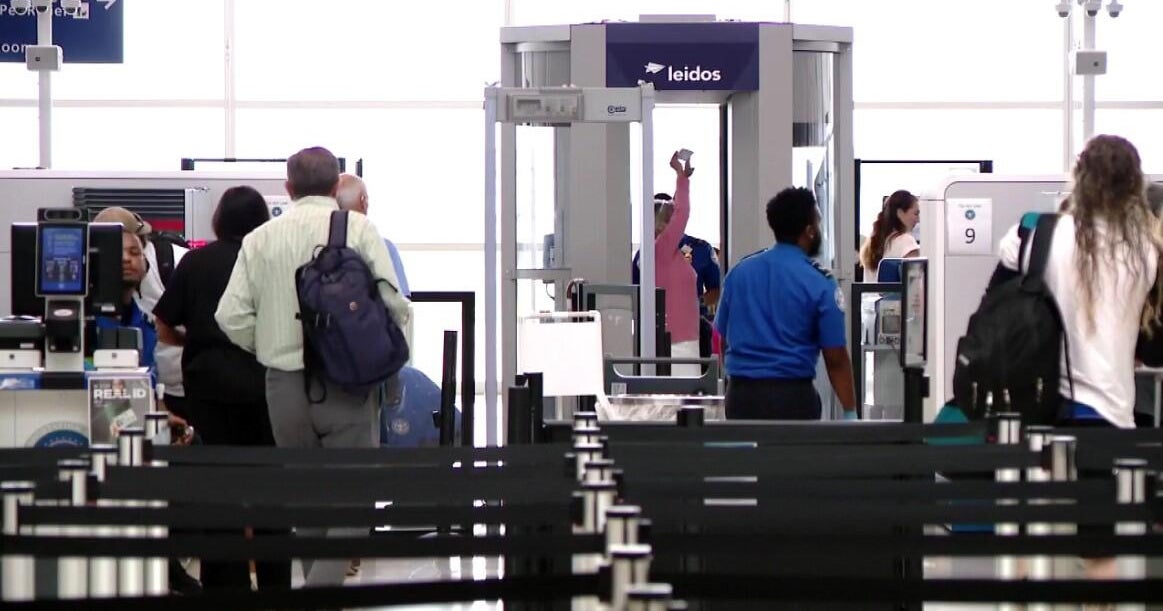Fiscal Cliff Averted, But Critical Issues Still Remain
WASHINGTON (CBSNewYork/AP) -- An emergency deal reached after weeks of rancorous negotiations will keep the U.S. from driving off the so-called fiscal cliff, but higher taxes and continued political bickering in Washington threaten to shake the fragile U.S. economy well into 2013.
After months of debating and back room deals, Congress passed a bill late Tuesday night which will keep the country from falling off the fiscal cliff.
Wall Street reacted favorably to the deal, as investors sent the Dow Jones Industrial Average surging more than 308 points. The NASDAQ rose nearly 93 points and the S&P 500 soared 36 points.
The bill extends Bush-era tax rates for every American making less than $400,000 and couples who make less than $450,000. It also delays, for two months, $110 billion in across the board spending cuts.
But critical issues, including reduction of the deficit, remain unresolved.
Mayor Michael Bloomberg said he is disappointed there was no grand bargain reached to implement spending cuts and higher taxes for the wealthiest Americans.
WCBS 880's Rich Lamb reports
Podcast
Instead, he called the deal that was reached as a "compromise that raised taxes on 77 percent of the people in this country, in spite of all of the verbiage about reducing taxes. That's not what really happened. They did not address, do anything significant to reduce the deficit, which is what this was all about to start with."
The billionaire mayor also said he was furious that the package makes it more painful to give to charities.
"In a world where we are defunding education and the arts and lots of other things - social services, both at the state and federal level - to make it more difficult for people to give charitable contributions is about as crazy a thing as I've ever heard," Bloomberg told reporters including WCBS 880's Rich Lamb.
Lawmakers postponed tough decisions on government spending, giving themselves a reprieve from cuts that were scheduled to begin taking effect automatically Jan. 1. That just sets the stage for more hard-bargaining later. Spending cuts, when they come, could crimp growth even more.
And another standoff is likely to arrive as early as February when Congress will need to raise the $16.4 trillion federal borrowing limit so the government can keep paying its bills. House Republicans probably won't agree to raise the debt limit without offsetting spending cuts that Democrats are sure to resist.
President Barack Obama praised Congress for passing the bill with bipartisan support, but then turned his sights on the next big fiscal debate -- the nation's debt limit.
"I will not have another debate with this Congress over whether they should pay the bills that they have already racked up," he said.
Treasury Secretary Timothy Geithner has warned Congress the country is just a few months away from defaulting on its loans for the first time in U.S. history.
"The consequences for the entire global economy would be catastrophic, far worse than the impact of a fiscal cliff," Obama said.
But many Republican congressmen say the debt limit debate is the last chance for them to secure the deep spending cuts necessary to pay down our nation's debt.
Many economists are disappointed that Congress and the White House couldn't reach agreement on a broader deal that significantly reduces the deficit over the next 10 years. That could have boosted business and consumer confidence and accelerated growth.
No progress has been made on reforming the government's big entitlement programs, mainly Medicare and Social Security.
Following the president's address, he boarded Air Force One to fly back to Hawaii to finish his vacation with his family. He will sign the bill into law while in Hawaii.
(TM and © Copyright 2013 CBS Radio Inc. and its relevant subsidiaries. CBS RADIO and EYE Logo TM and Copyright 2013 CBS Broadcasting Inc. Used under license. All Rights Reserved. This material may not be published, broadcast, rewritten, or redistributed. The Associated Press contributed to this report.)







